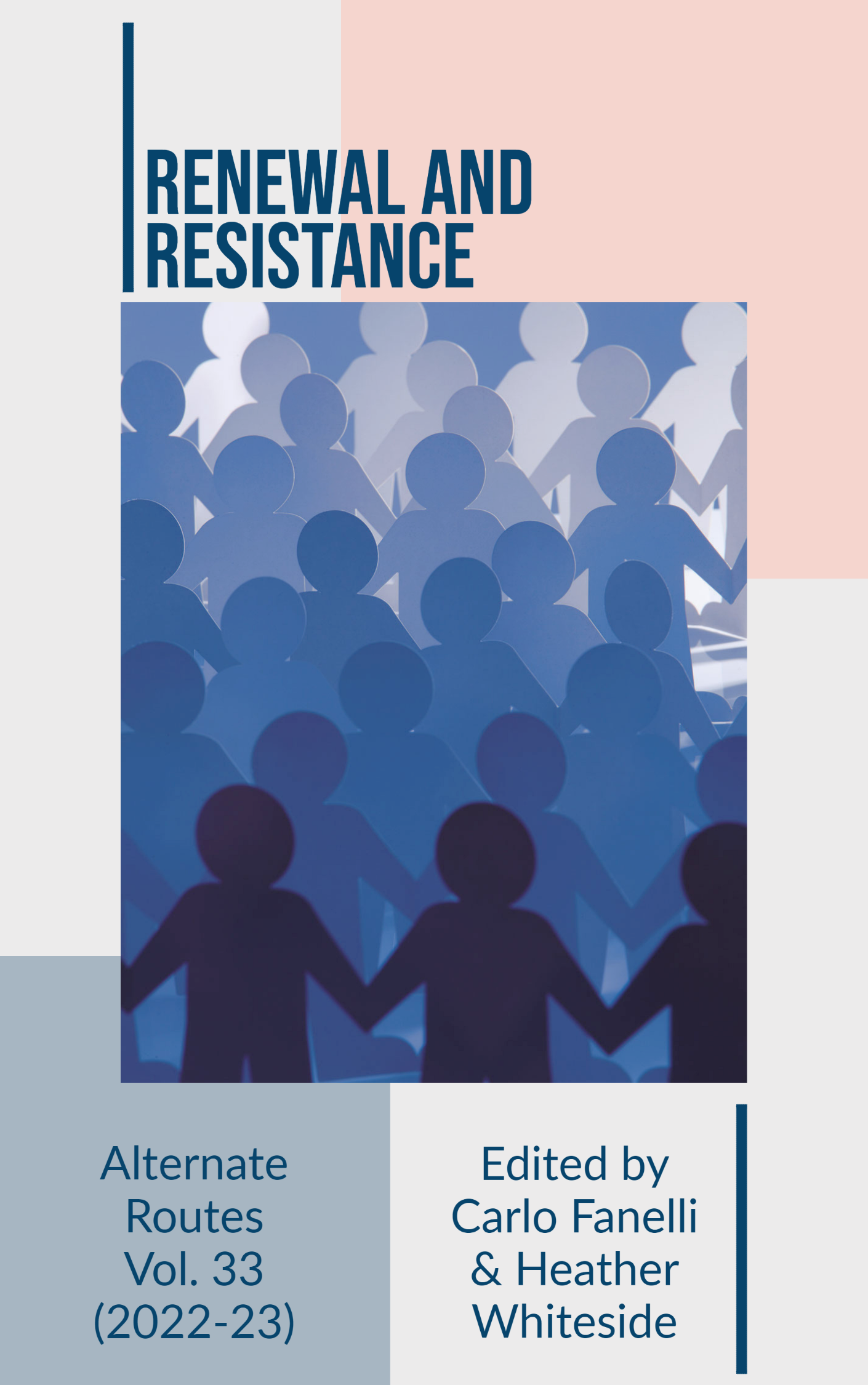A Different Kind of State: Imagining Popular Power and Democratic Administration for the 21st Century
Abstract
Since the 2008 economic crisis, the political legitimacy of representative democracy has eroded. The roots of this legitimation crisis are found in growing inequality and the unwillingness of representative democratic capitalist states to address the structural causes giving rise to this polarization. In many respects, in the third decade of the 21st century, the class nature of the state has rarely been so apparent since before the Keynesian era. Various historical and contemporary cases provide examples of a ‘different kind of state’ where the state’s agenda setting function and policy outputs were informed by working class and other perspectives and interests. The result is greater social and economic inclusion generally and a democratization of the administrative state.
Downloads
Published
How to Cite
Issue
Section
License

This work is licensed under a Creative Commons Attribution-NonCommercial-NoDerivatives 4.0 International License.
Articles are published in Alternate Routes: A Journal of Critical Social Research under the Creative Commons "Attribution/Non-Commercial/No Derivative Works" Canada licence.
The copyright for the articles published in this journal is retained by the authors, with first publication rights granted to the journal. By virtue of their appearance in this open access journal, articles may be used, with proper attribution, in educational and other non-commercial, not-for-profit settings. The submission of a manuscript to Alternate Routes will be taken to mean that the author understands and agrees to the following:
- the manuscript represents original work not previously published;
- the manuscript is not being considered elsewhere for publication in the same language (publication elsewhere in an alternate language does not preclude acceptance of submission to Alternate Routes);
- appropriate written copyright permissions have been secured for republication of any copyrighted material contained in the manuscript;
- copyright for this article is retained by the author, with first publication rights granted to Alternate Routes;
- by virtue of its appearance in this open access journal, it is understood that the article is freely available for use, with proper attribution, for educational and other non-commercial purposes;
- reuse of the article for commercial purposes by anyone other than the author requires permission of the author;
- the author agrees to cite Alternate Routes as a source whenever h/she later republishes or reuses the article in other platforms.


